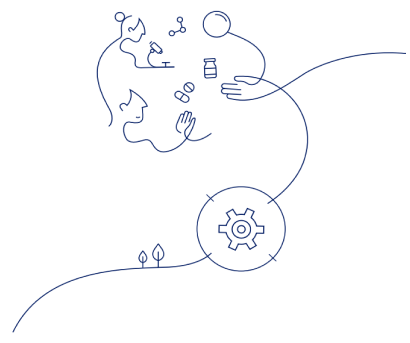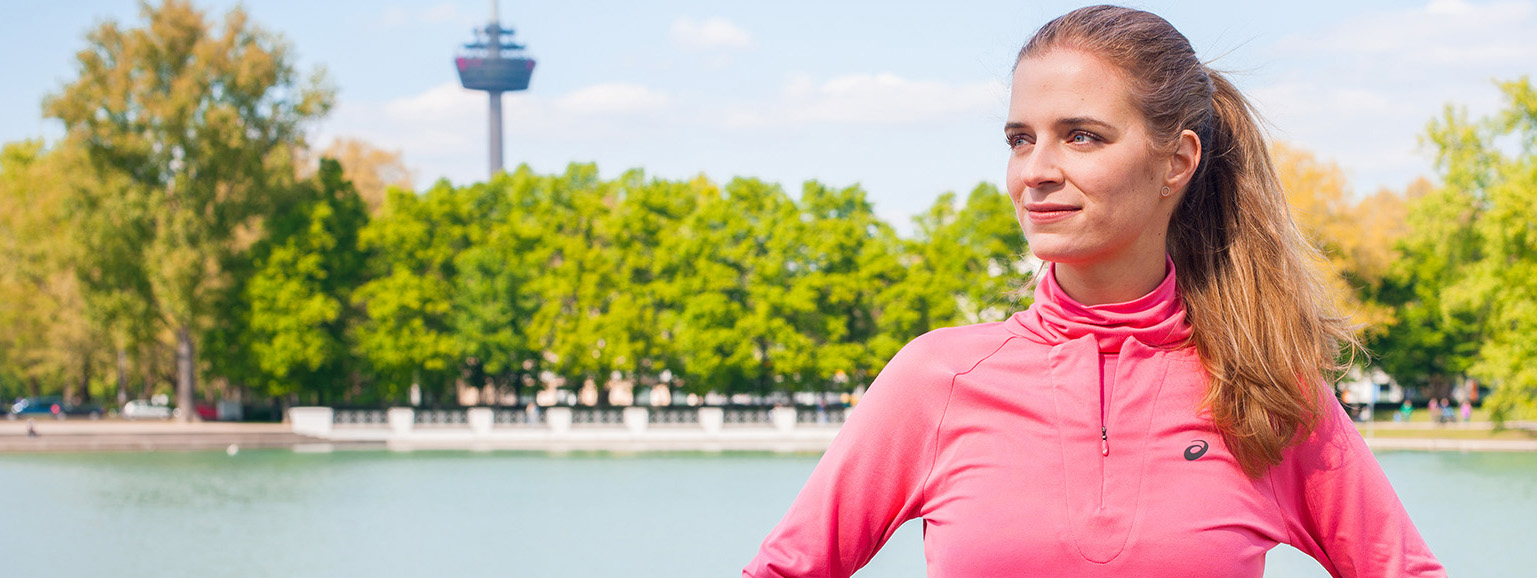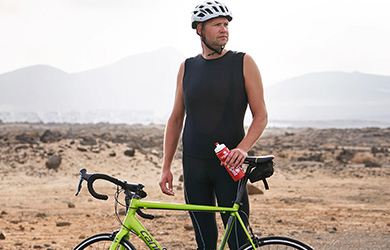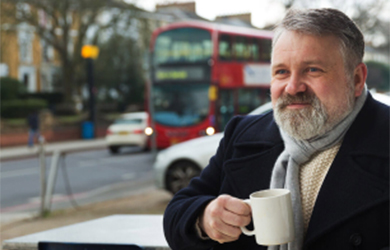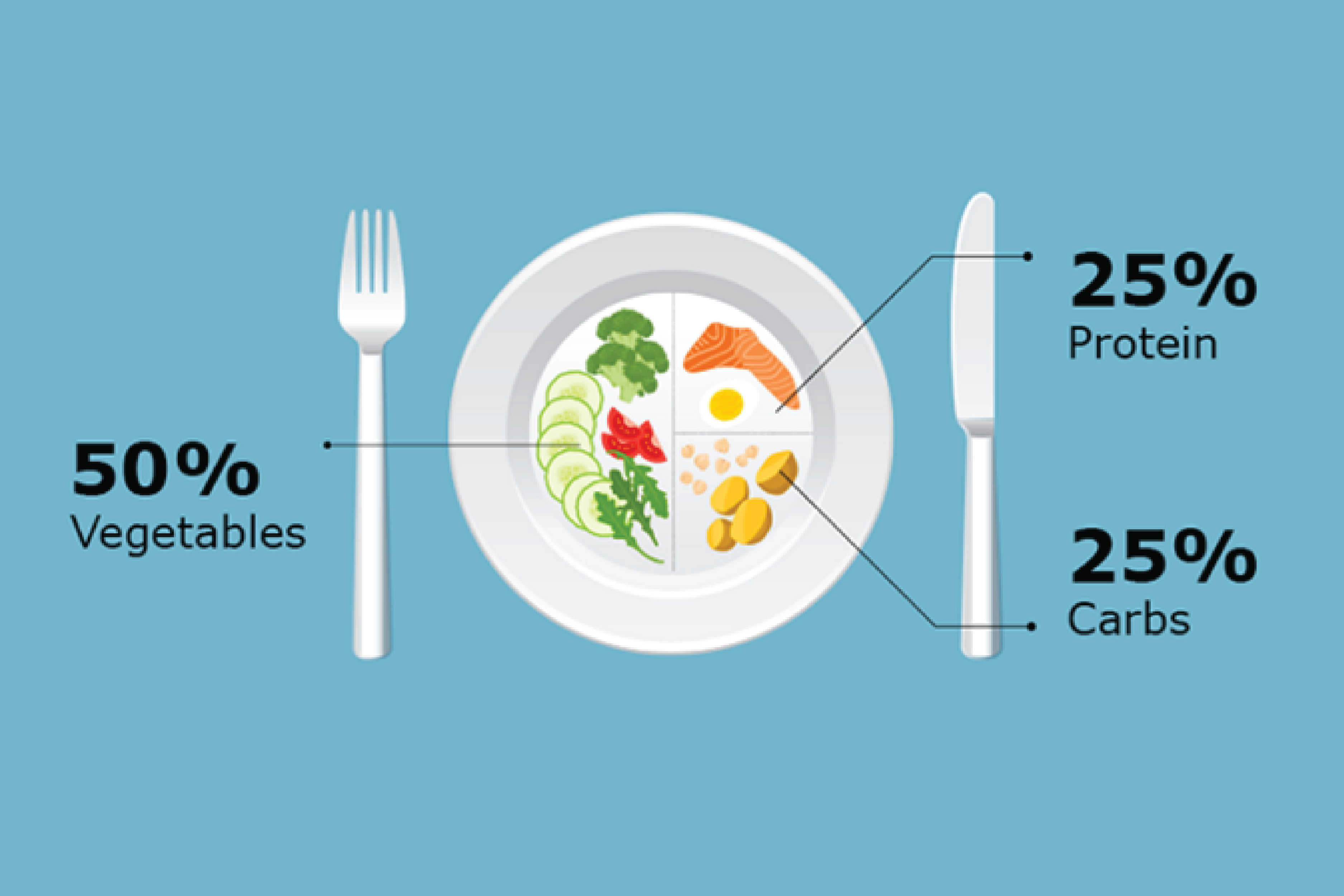Stress levels increase
Everybody suffers stress and anxiety, but if you’re living with diabetes, these emotions can be heightened and harder to manage. Brace yourself to be hit with a lot of heavy information all in one go. 7
Practising mindfulness, educating yourself on the illness and slowing down your pace of life are all ways to help keep diabetes stress levels at bay. This will also help you onboard and process new information. Learn more about managing diabetes and stress here
Dietary changes
Expect to be told to reduce your fat intake, eat leaner meats, watch your portion size and think carefully about the type of carbohydrates you are putting in your body. 6
A diet can be tough to stick to, but there’s lots of inspiring diabetic meal planners and tasty diabetes recipes that will help you control diabetes with diet. Learn more about diabetes diet here.
Increase in physical activity
If you weren’t active before being diagnosed with diabetes, the first change you’ll likely notice is having to carve out time to work out. We’re not talking about giving up three days a week to train for a marathon but giving up even an hour of your time to exercise may seem like hard work at first.6 Get started with exercise here.
Recognising symptoms of hypos
Being diagnosed with type 1 or type 2 diabetes means you’re always on the lookout for symptoms.
People with diabetes may experience low blood sugar, which is also called hypoglycaemia or a “hypo”. Some of the common symptoms of hypos include confusion, intense hunger, feeling sick, clumsiness, blurred vision and slurred speech. You may find you experience one or more of these when your blood sugar levels are low.8 Learn more about how to spot a hypo.
Weight loss
Possibly one of the most welcome lifestyle changes to come from a type 2 diabetes diagnosis is weight loss. A diabetic diet plus increased exercise will set you on the path to losing weight. Weight loss should be done gradually until a healthy body mass index (BMI) is achieved.1
